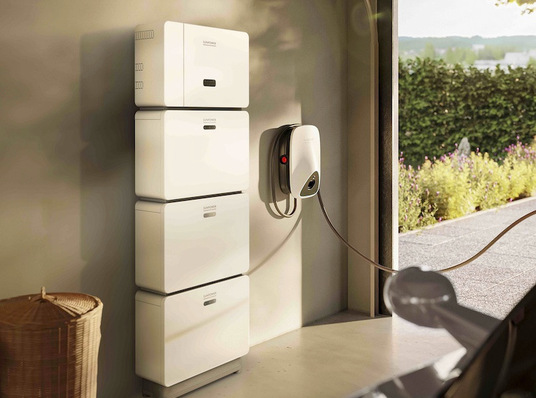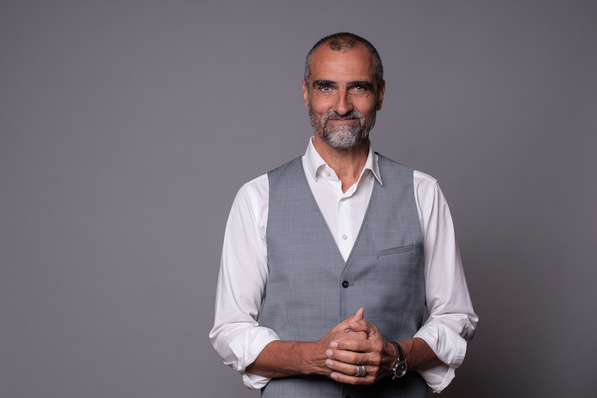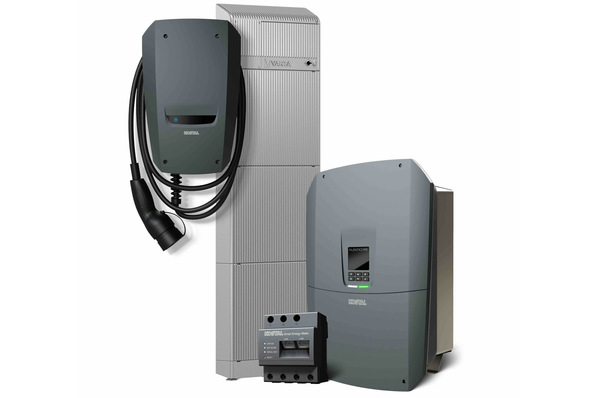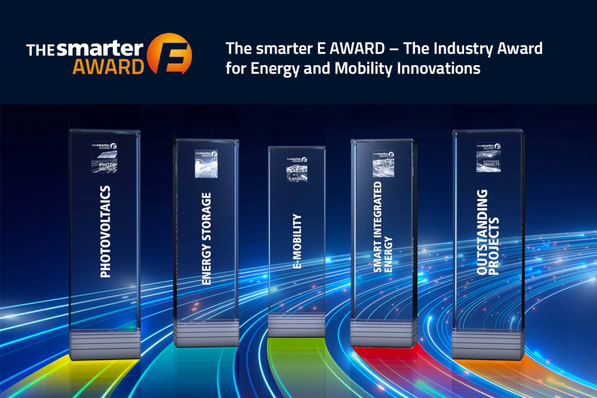With a strategic partnership, the Korean carmaker Kia and Deutsche Bahn (DB) are driving forward the circular economy in electromobility. The idea: several used lithium-ion batteries from electric vehicles are bundled together to form a high-performance energy storage system for green electricity.
The areas of application for these so-called second-life battery storage units are diverse and flexible: for example, they store surplus electricity from photovoltaic systems or can deliver electricity throughout the day in DB maintenance and provisioning plants. This reduces the costs for electricity peaks. The process from the procurement of used batteries to production is handled by encore, a corporate start-up of the DB Bahnbau Group.
Second-life storage systems can benefit all companies
From 2023, encore will start sales and series production of several hundred storage units. A first pilot project has been in operation on the EUREF campus in Berlin since July 2022. Further storage units will be built at various DB locations: including the ICE plant in Leipzig, the digital test centre in Scheibenberg (Saxony) and the station in Zorneding in Bavaria.
See also: RWE and Audi to build energy storage facility with second-life EV batteries
In principle, all companies with a high energy demand and a focus on renewable energies can benefit from the second-life storage systems.
Batteries come directly from the car dealers
encore receives the used batteries directly from the Kia dealers, checks them and subjects them to a safety and quality analysis. Battery modules with sufficient residual capacity become second-life battery storage units, while unusable batteries are sent to encore for appropriate recycling.
Also interesting: An industry-scale storage system with second-life batteries
The Europe-wide transport of batteries and new energy storage units is mainly carried out by the logistics subsidiary DB Schenker as well as DB Cargo. Due to the strict legal regulations for the transport and storage of battery storage units, the proper transport is particularly complex, such as labelling and temperature regulation for the journeys. (mfo)







